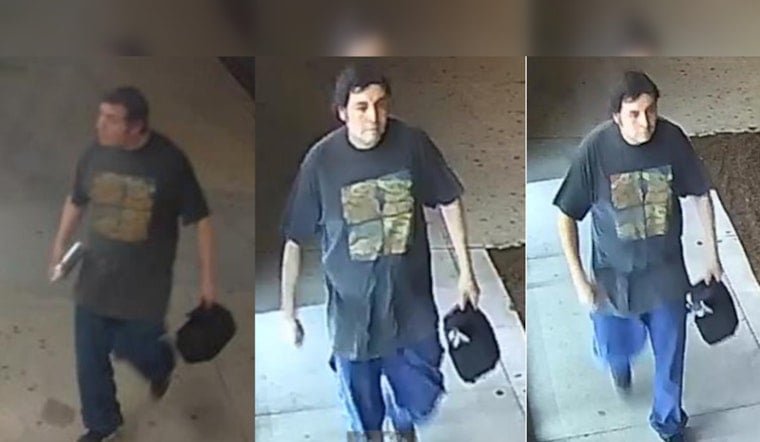CHICAGO — In one of the largest healthcare fraud takedowns in U.S. history, federal authorities have charged 324 individuals in connection with schemes that allegedly defrauded the government and patients of more than $14.6 billion. The sweeping investigation targeted doctors, pharmacists, and overseas actors, some of whom were tied to transnational criminal networks.
Operation Targets Telehealth, Genetic Testing, and Opioid Fraud
The joint operation, led by the Department of Justice (DOJ) and the Department of Health and Human Services (HHS), uncovered a vast web of criminal activity involving telemedicine services, kickback schemes, opioid distribution, and fraudulent genetic testing.
Authorities said 29 suspects were linked to transnational groups that alone submitted over $12 billion in false claims, primarily through fabricated prescriptions and manipulated billing practices.
“These schemes exploit vulnerable patients and drain resources from programs meant to serve those genuinely in need,” said FBI Director Kash Patel, noting that some fraud rings actively fueled the opioid crisis.
96 Medical Professionals Implicated
Among those charged are 96 healthcare professionals — including doctors, nurse practitioners, and pharmacists — who allegedly took part in the fraudulent activity. The Centers for Medicare and Medicaid Services (CMS) responded by revoking 205 provider billing privileges, effectively cutting off future fraud attempts from known bad actors.
The CMS also reported blocking an additional $4 billion in potential losses before claims could be paid out.
Major Seizures and Enforcement Actions
Federal agents seized more than $245 million in cash, luxury vehicles, and cryptocurrency wallets, authorities said, in an effort to claw back the stolen taxpayer dollars.
The Drug Enforcement Administration (DEA) contributed to the crackdown by revoking controlled substance handling rights from dozens of prescribers. Over the past six months, the DEA filed 93 administrative cases, many targeting pill mills and kickback clinics.
In some cases, arrests extended beyond U.S. borders, with individuals picked up in Estonia and near U.S. entry points.
New AI-Driven Fraud Detection Center Launched
To help prevent future fraud, the DOJ announced the creation of the Health Care Fraud Data Fusion Center — a new collaborative hub that leverages AI and cloud computing to analyze fraud trends across agencies. The goal is to break down data silos and respond more rapidly to emerging threats in the healthcare sector.
Illinois Connections and Local Impact
While most defendants were not publicly named by region, Illinois residents are likely to feel the ripple effects of this crackdown. Fraudulent billing has been cited as a major cost driver for both Medicare and Medicaid recipients across the state, and CMS officials emphasized that Illinois-based providers were among those investigated.
Attorney General Pamela Bondi called the enforcement “a record-setting health care fraud takedown that delivers justice to criminal actors who prey upon our most vulnerable citizens and steal from hardworking American taxpayers.”
Have you or a loved one been affected by healthcare fraud or suspicious billing practices in Illinois? Share your story or insights in the comments on ChicagoSuburbanFamily.com and join the conversation on how this crackdown might impact our state’s healthcare system.














